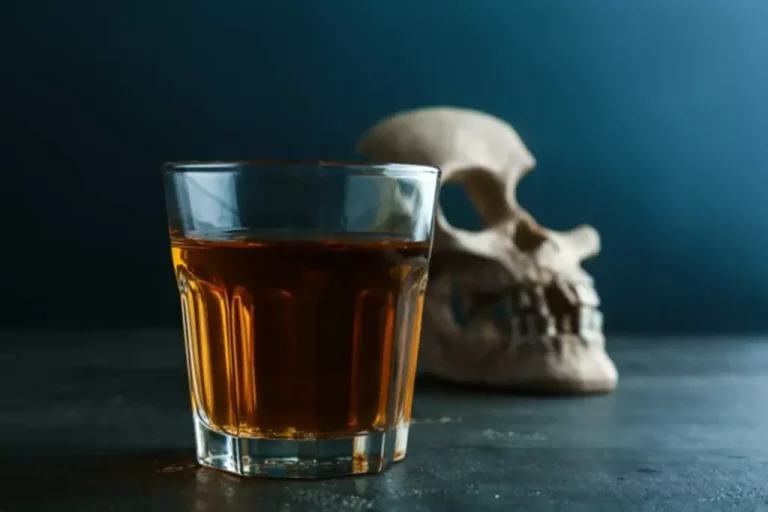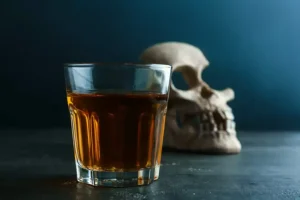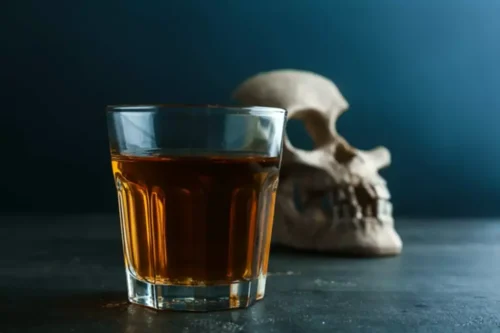
Alcohol tolerance can affect the extent to which a person feels intoxicated. People who frequently drink may feel less drunk than those who do not. People with alcohol use disorder may not feel drunk at all, even when their BAC is very high.
- We’ve strongly linked alcohol to pleasure, as though we can’t truly celebrate an anniversary without champagne, watch a sporting event without a beer, or enjoy a nice dinner without wine.
- Secondly, and perhaps more obviously, not drinking alcohol can help with avoiding its harmful effects.
- When you get drunk, how much time do you spend really enjoying the buzz?
People will question your decision

“It’s such an assumed part of our culture,” said McKowen. “It’s everywhere—not just drinking, but overdrinking. It’s assumed that it belongs in every celebration, social experience, date, dinner. So we don’t even question it most of the time.” People often use alcohol not only as a sleep aid but also to reduce anxiety, given its tranquilizing properties. Alcohol works on the same neural receptors as drugs like benzodiazepines (e.g., Xanax, Klonopin), and its calming effects are well known. But the rebound effects of alcohol consumption are less apparent. Another example of pubs encouraging sociability is the ritual of “buying rounds”, which we discussed in my other alcoholic ramblings.
As a sober curious social drinker, Harry Bullmore found ditching alcohol to be monumental for his mood and confidence

I’m sure he doesn’t remember any of it today. But when I think about drinking again, Halfway house my brain only reminds me of the fleeting peaks of drinking nights. The pub is a brilliant space where you can feel free of any social responsibilities and take some time for yourself. Goffman (my favourite) stated that pubs are “backstage” regions.

What Does Alcohol Do to People?
When you drink alcohol, the small molecules https://ecosoberhouse.com/article/5-signs-that-your-wine-habit-is-becoming-a-real-addiction/ of the chemical rapidly pass into your bloodstream and travel to the brain. There, alcohol goes to work on almost every part of your cerebrum, affecting mood and perception, motor skills and judgment. This can produce a range of sensations, from euphoria and giddiness to nausea and fatigue. Over a night of heavy drinking, you might pass through several stages of intoxication as your body breaks down the chemicals in your blood and changes the balance in your body.

Find Community
- I have never understood the appeal of getting drunk.
- Your body functions will slow so much that you will fall into a coma, putting you at risk of death.
- During sixth form and my time at university, the amount you could drink was worn as a badge of honour.
- Do not leave a person who is extremely drunk alone.
- Before I quit drinking, I confused getting drunk with having fun.
- Pubs are playgrounds for adults, and I love just love that.
I really don’t understand why I’m struggling so much, I don’t understand how to “turn off the brain” like I did. It felt like I’m reacting to what the girls say so fast that I became really fun. Reducing drinking, or even eliminating it altogether, can lower a person’s risk of these conditions and complications. For example, a BAC of 0.05 means that the person’s blood is 0.05% alcohol. Its authors explain that people may judge the severity of their intoxication based on how drunk people around them are, which distorts their perceptions in environments where most people are drunk.
- Alcohol is appealing as a sleep aid because it’s sedating and can help with falling asleep.
- Pubs and bars appear to be recurring locations for people when explaining their previous experience of fun.
- Advertisements are also a significant source of children’s positive alcohol expectancies, since watching adults drinking and having fun promotes the positive effects of alcohol for kids.
- Now, to conclude that alcohol is the only way to have fun would be false and a dangerous assumption.
- Alcohol is often appealing because it knocks off all the rough edges, putting a haze between us and our problems and concerns.
Over time, excessive alcohol use can cause liver health problems such as cirrhosis. It may also what does feeling tipsy feel like harm the kidneys, heart, and brain. Chronic drinking can even cause dementia by causing a dangerous vitamin B-1 (thiamine) deficiency. “By lunchtime, you were beginning to taste what you were going to drink. It became a condition for me, and it was fun. You’re all relaxed and chilled, you’d share stories, and it was a very positive experience.

Share This Story, Choose Your Platform!
“You do because most of our culture drinks.” Being the only one not drinking can be pretty un-fun when alcohol is the center of the gathering. So adjusting to sobriety often includes building new friendships with other sober people. But this is not necessarily due to the alcohol itself’s chemical actions – our beliefs about the effects of alcohol act as self-fulfilling prophecies.